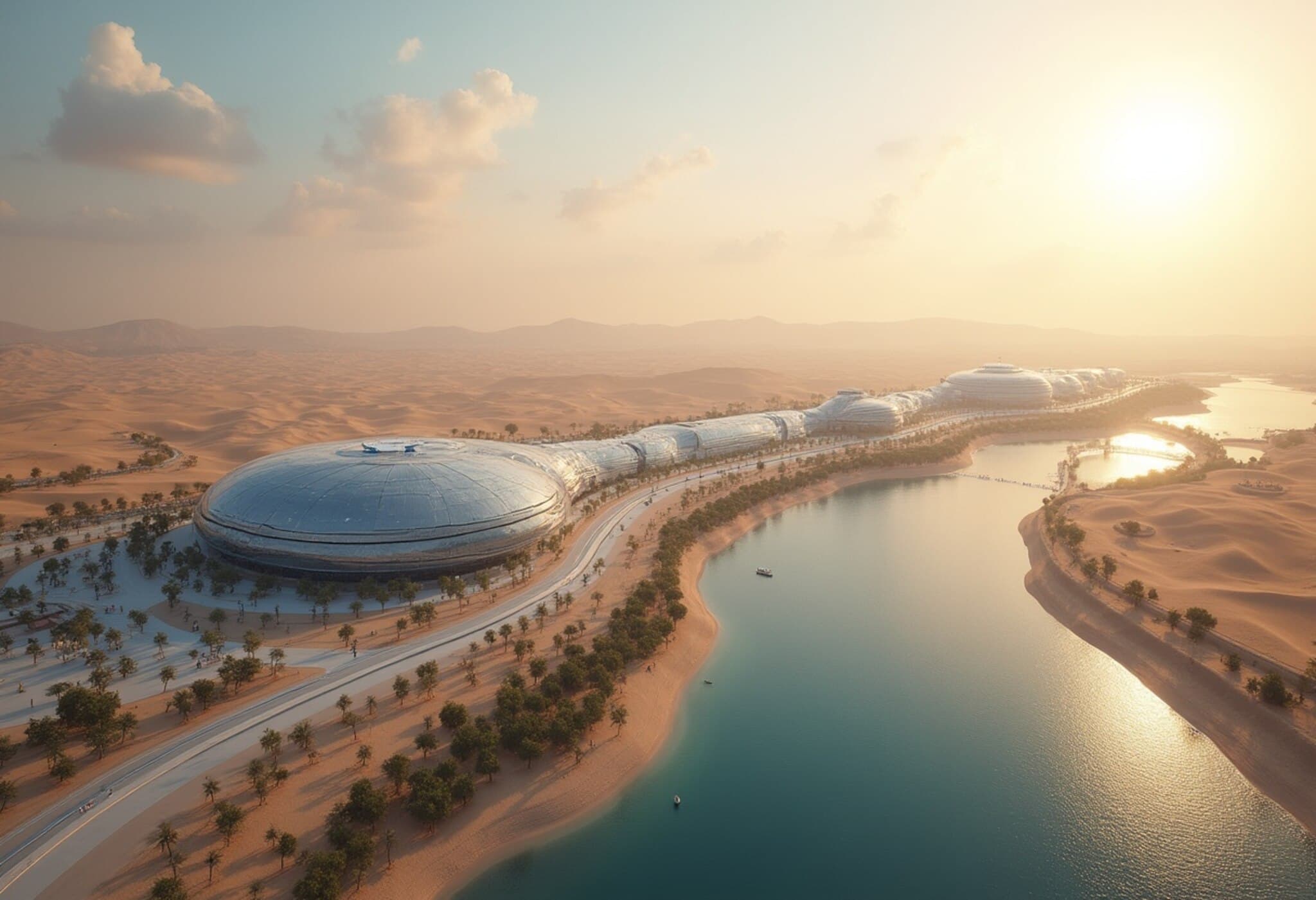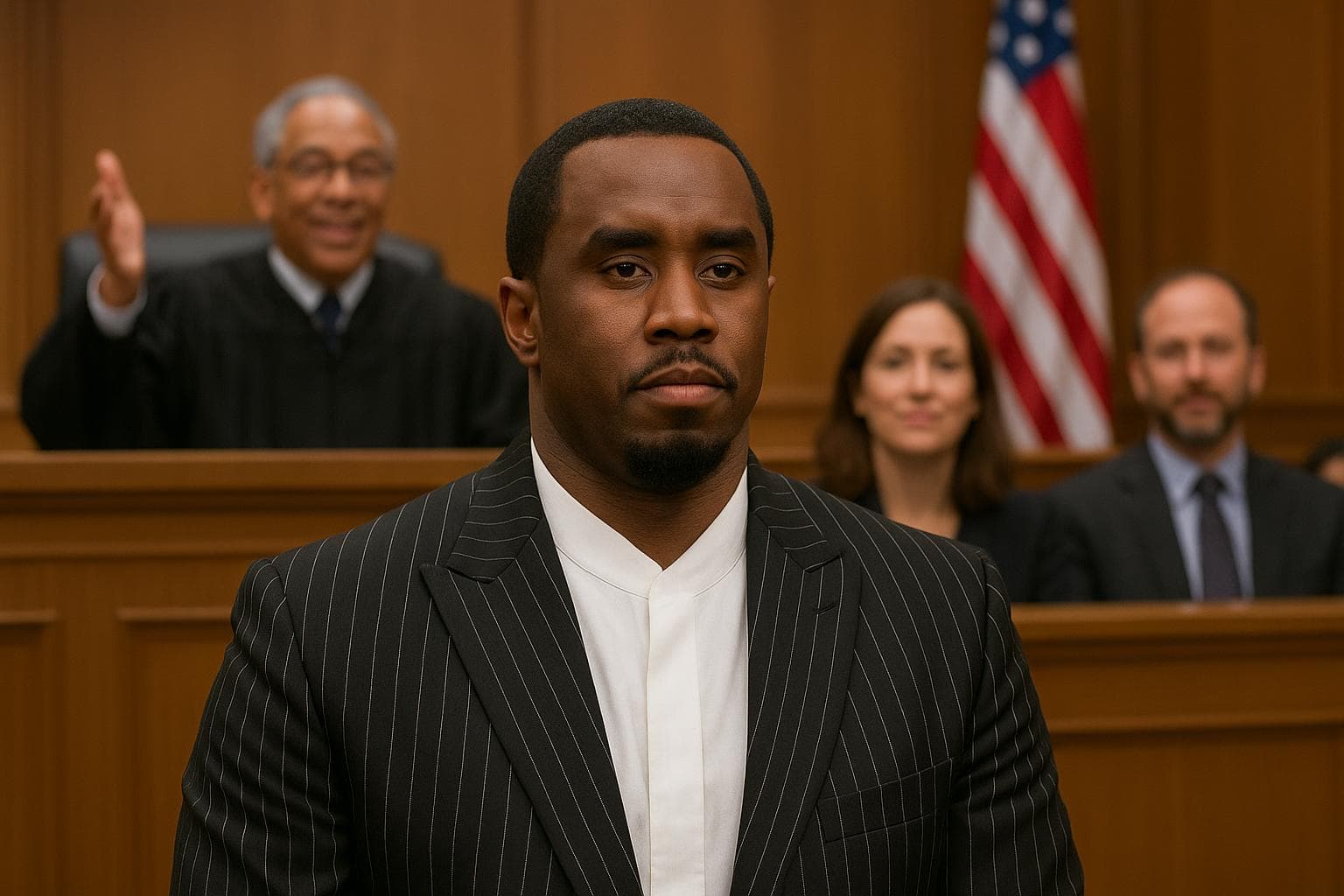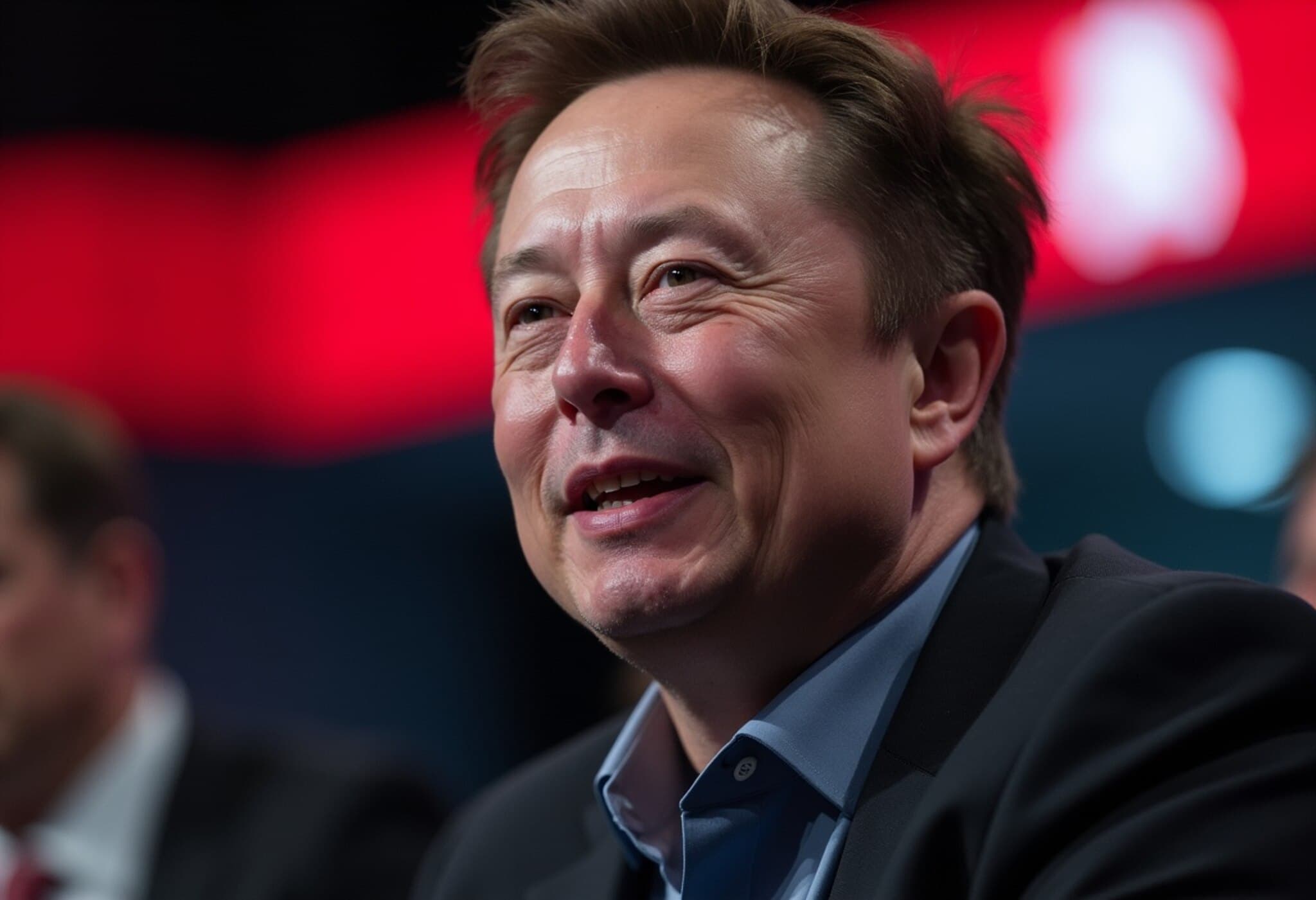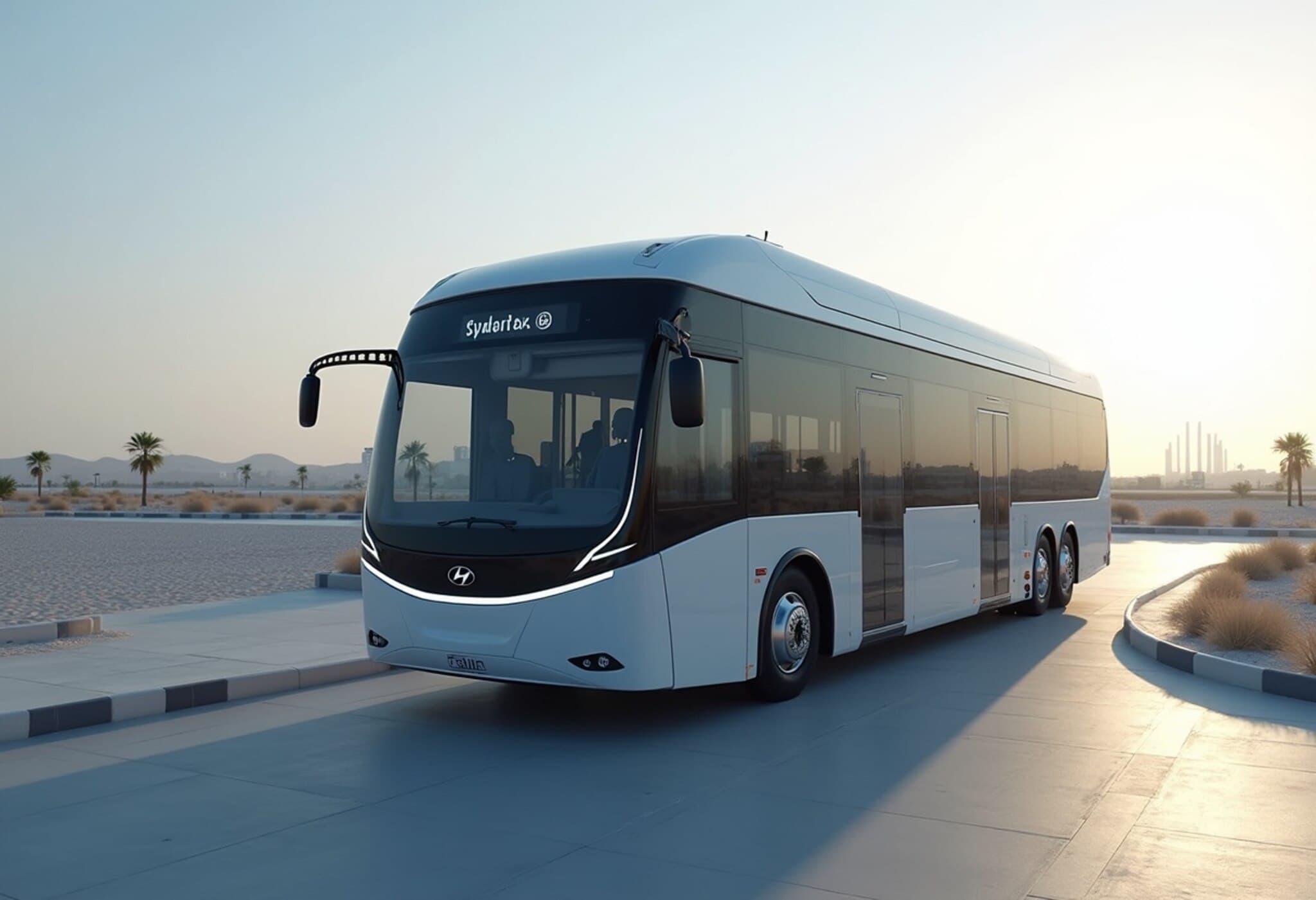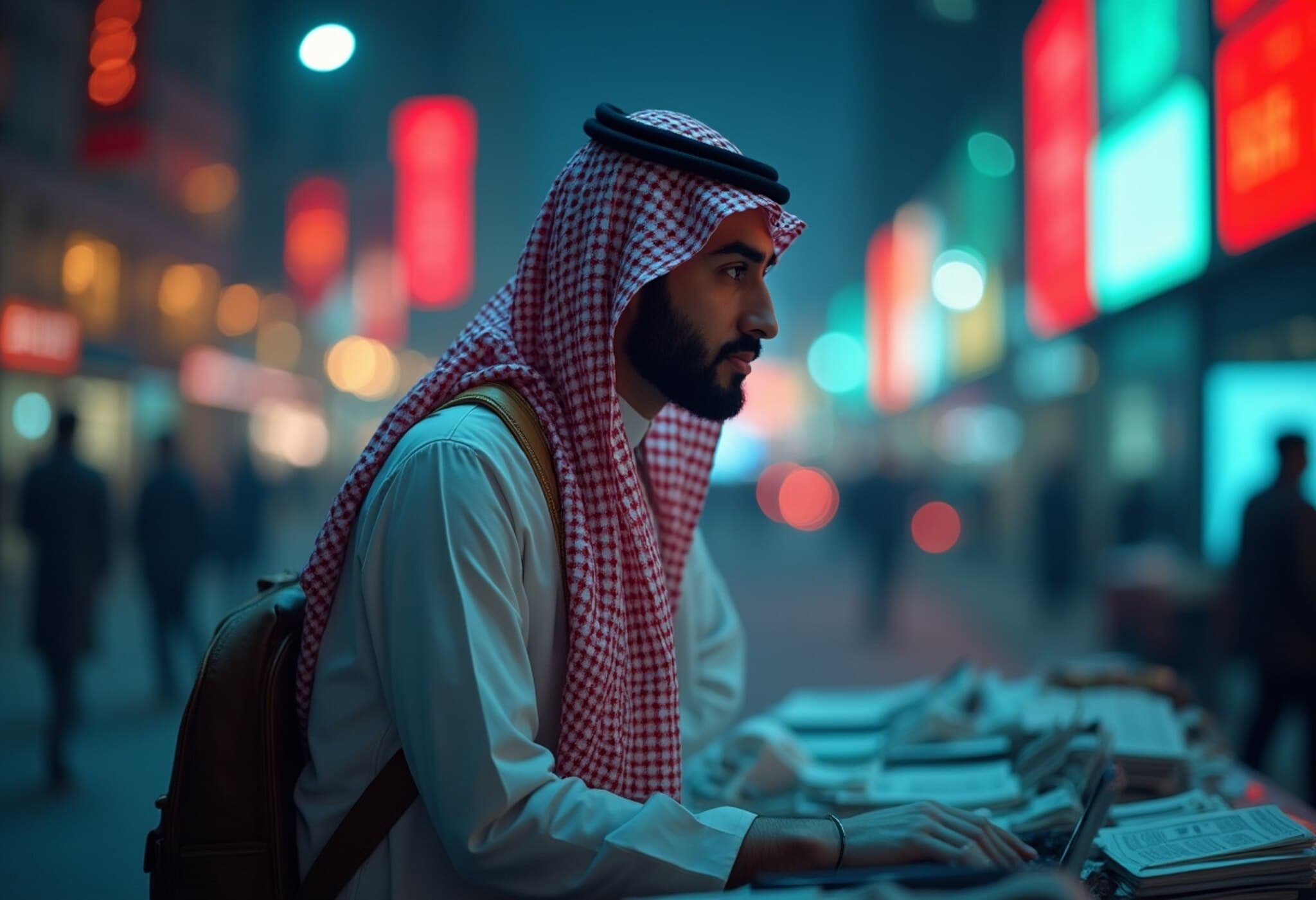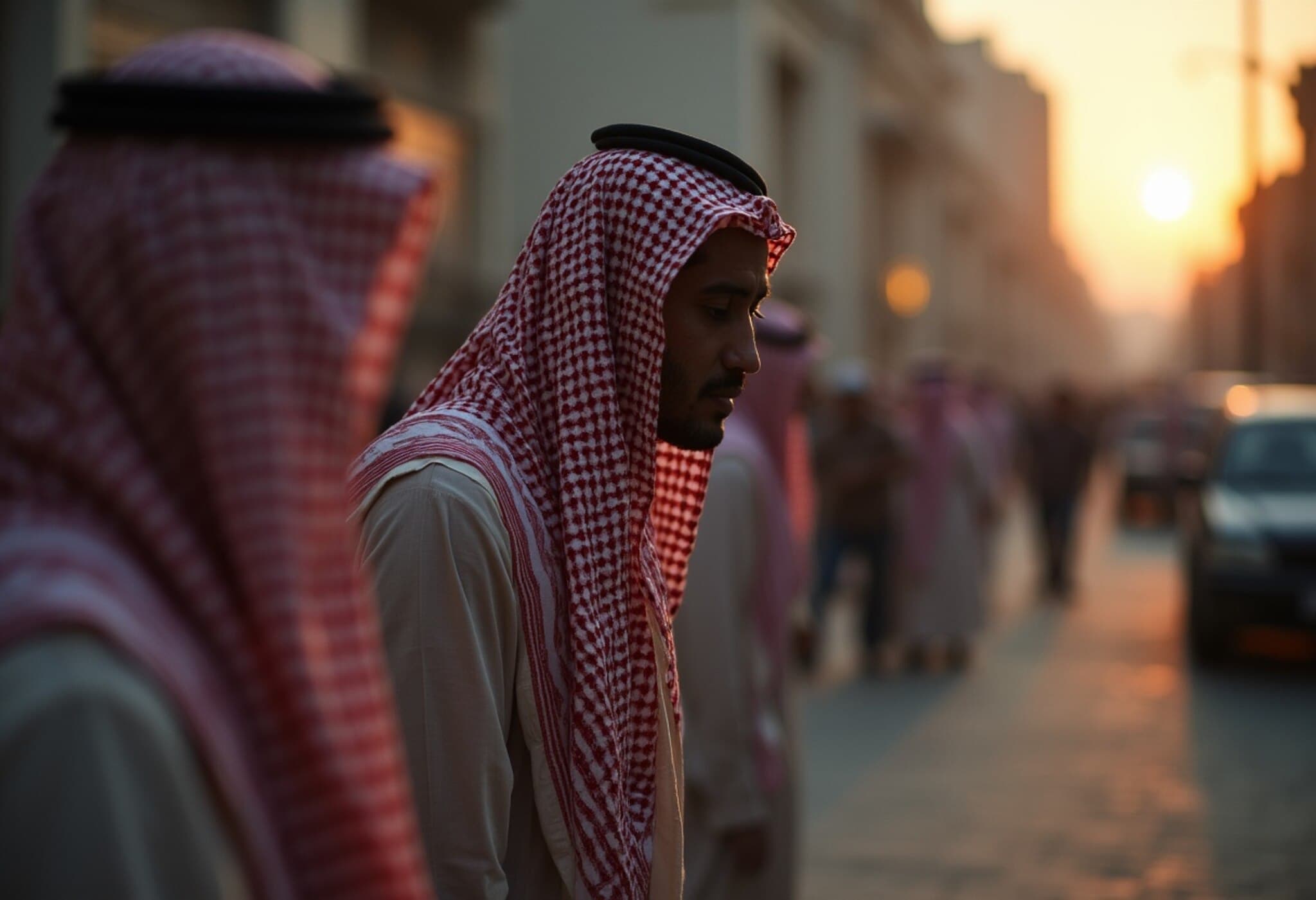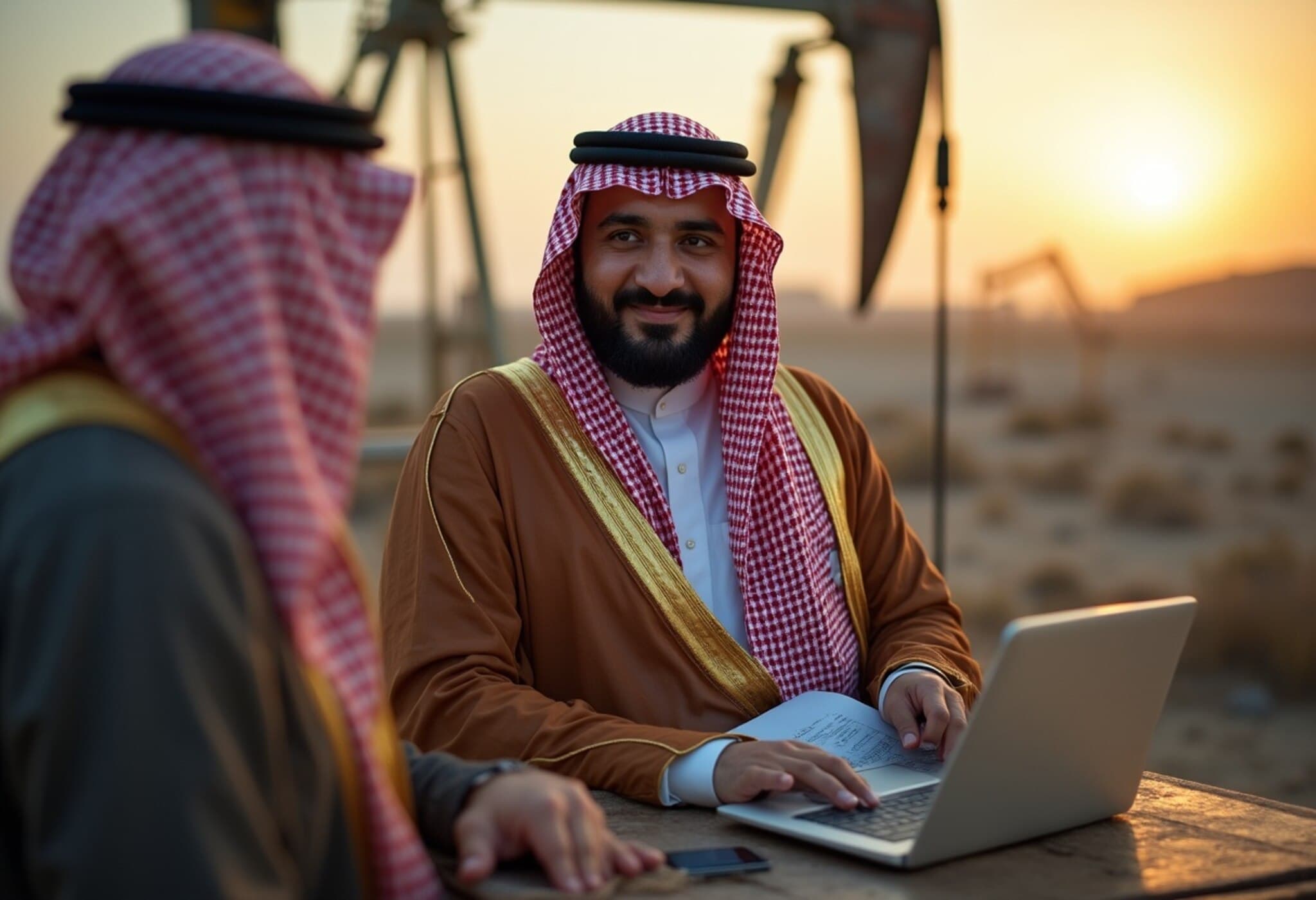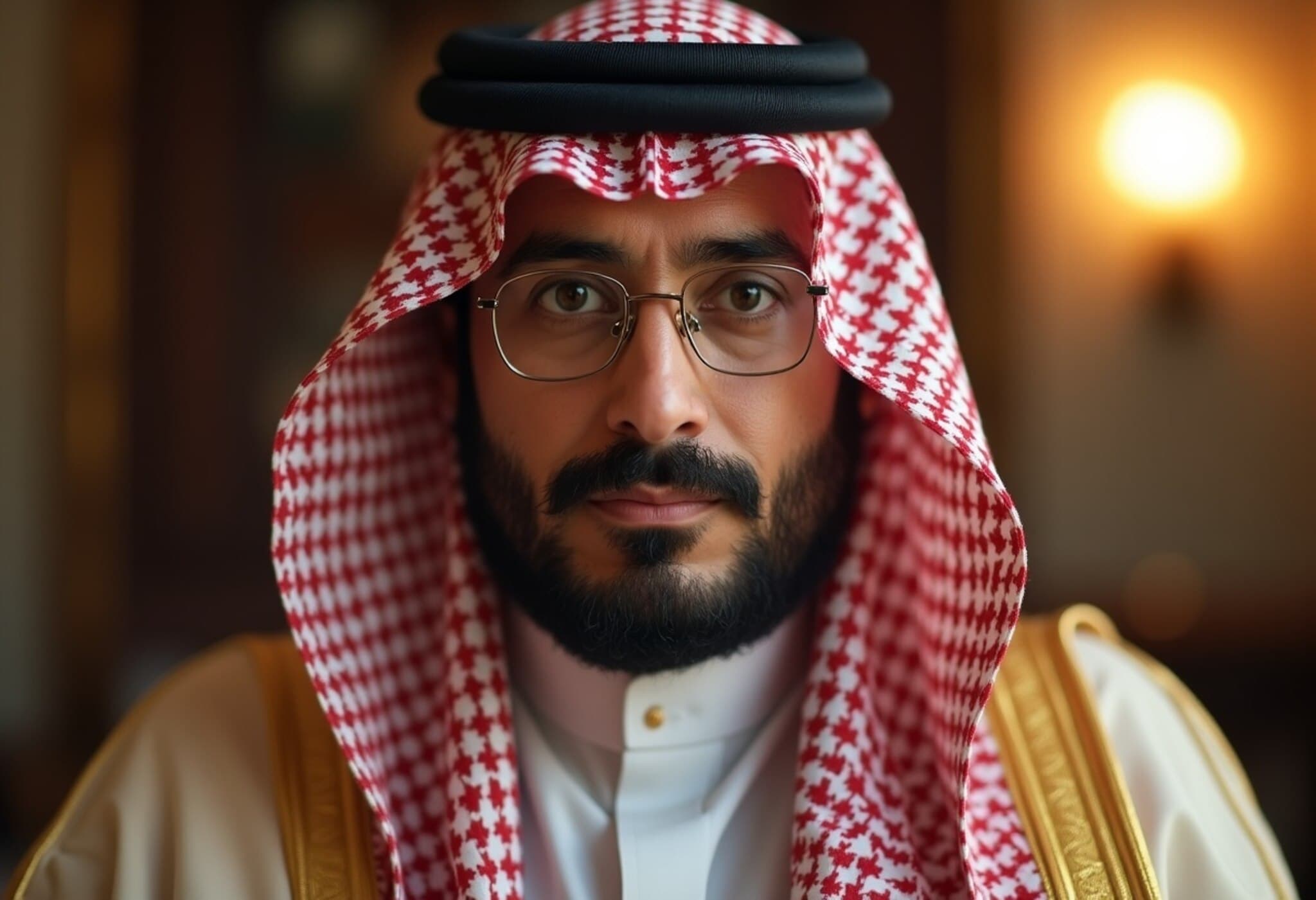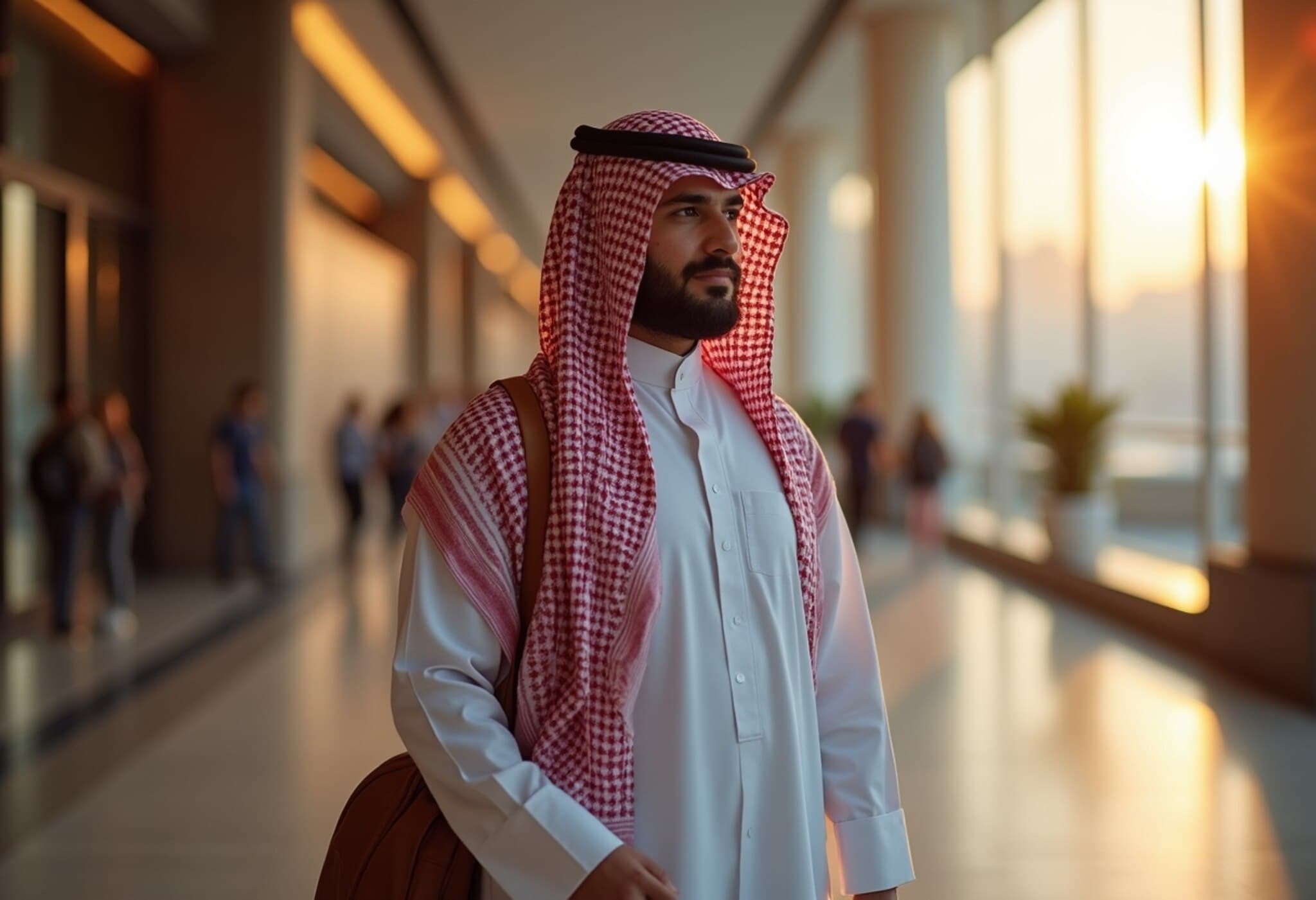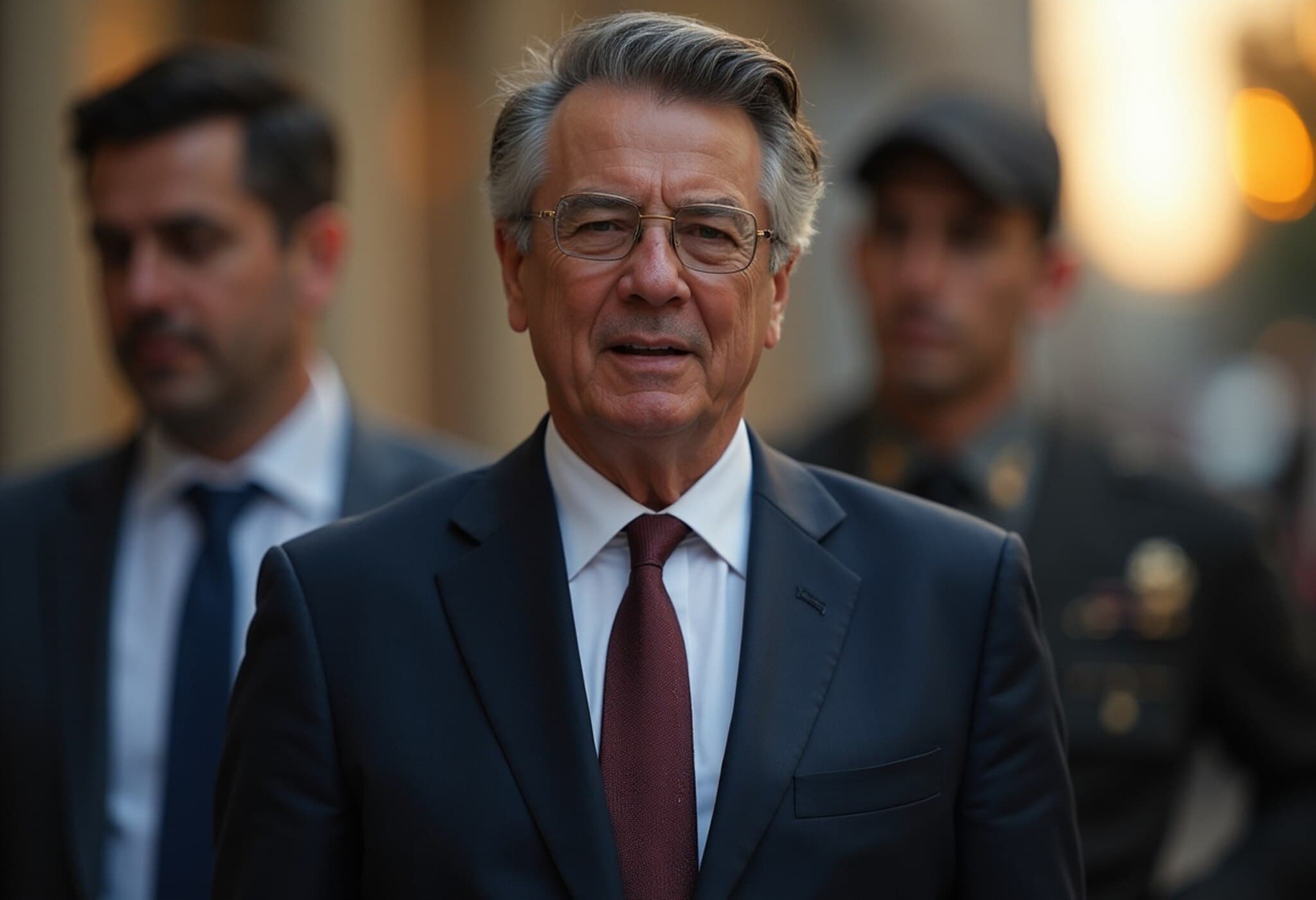Saudi Arabia Pauses to Rethink Ambitious $500 Billion "The Line" Project
In a significant pivot, Saudi Arabia's Public Investment Fund (PIF) has initiated a comprehensive review of The Line, a visionary $500 billion linear city planned within the ultra-futuristic NEOM development. Spanning 105 miles across the kingdom’s northwestern desert, The Line promises to be a revolutionary urban concept aimed at transforming the region's economic landscape.
Strategic Review Amid Economic Headwinds
According to an official NEOM statement, the PIF has engaged consulting firms to conduct a strategic feasibility assessment—a standard practice for long-term mega-infrastructure projects but one that reflects growing scrutiny given today’s fiscal realities. While details remain scarce, experts expect the review to zero in on key issues such as the project's technical viability, financing arrangements, and economic impact.
Tim Callen, a renowned fellow at the Arab Gulf States Institute, elaborates: "Questions have long hovered over whether the cutting-edge technology envisioned for The Line can be practically realized and if the astronomical development costs remain justifiable, especially as oil revenues have declined substantially in recent years." He continued, noting that oil prices settling below $70 a barrel have amplified pressure on Saudi public finances, compelling a reassessment of grand-scale ventures.
The Vision and Its Challenges
The Line is designed to accommodate up to 9 million residents inside a sleek urban corridor enclosed by twin, towering glass skyscrapers each soaring over 1,600 feet — a stark departure from traditional city layouts. This project is one integral pillar within Saudi Arabia’s broader Vision 2030 economic diversification strategy, which aims to reduce the kingdom’s reliance on oil revenues by creating innovative industries and future-proofing the job market for its youthful population.
The surrounding NEOM region itself is evolving into a sprawling construction hub dotted with cranes, heavy machinery, and the beginnings of high-speed rail infrastructure that will serve as the city's spine. However, the reality of sustaining such transformative ambitions now meets economic constraints aggravated by fluctuating global oil markets and the kingdom’s fiscal recalibration.
Market Realities Trigger Tough Questions
The global oil price volatility directly impacts projects like The Line. Callen emphasizes: "At around $70 per barrel, Saudi Arabia faces a very different investment environment than the $100 per barrel average seen in 2022. Those shifts necessitate prioritization and perhaps scaling back some mega-project timelines or scope." As the international benchmark Brent crude hovered around $70.15 at the time of reporting, the kingdom’s leadership is grappling with balancing visionary development against economic pragmatism.
The broader investment landscape demands a sober reassessment. Analysts question if The Line can proceed without recalibration, or if it must transition toward a phased, longer-horizon development, adapting to changing fiscal realities.
Criticism of Past Optimism and Need for Transparency
Adding to the challenge is skepticism around a so-called "yes-man" culture within NEOM, where overly optimistic cost and revenue projections from consultants may have clouded judgment and dampened realistic risk assessment. Tarik Solomon, chairman emeritus of the American Chamber of Commerce in Saudi Arabia, commented: "A project of this scale must face facts honestly and build trust through transparency. It’s crucial that leadership and consulting teams adopt accountability rather than purely providing flattering forecasts to stay in favor." Solomon acknowledges The Line’s unprecedented ambition but stresses clearer communication and adaptive management as keys to sustainable success.
Workforce Streamlining and Path Forward
Alongside the ongoing strategic review, insiders have revealed plans for workforce reductions across the NEOM project to realign costs. One consultant, speaking anonymously, confirmed that these moves represent a shift toward more financially prudent governance.
While NEOM officials have not publicly commented further, this phase underscores a critical inflection point where Saudi Arabia balances futuristic aspirations with economic realities and fiscal responsibility.
Expert Insights: What This Means for Saudi Arabia and the Region
- Economic Diversification: The outcome of this review will signal how far Saudi Arabia is willing to adjust its diversify-away-from-oil strategy amidst global economic headwinds.
- Technological Feasibility vs. Ambition: The Line embodies audacious innovation, but technically achieving seamless, high-density, zero-carbon urbanism on this scale presents unparalleled challenges.
- Fiscal Prudence: This reassessment reflects a broader trend across the Gulf toward cautious spending post-oil price rollercoaster, emphasizing sustainable growth over rapid, high-risk expenditure.
- Regional Impact: Success or failure will reshape perceptions about Gulf mega-projects' viability, potentially influencing investment flows and regional urban development paradigms.
Editor’s Note
Saudi Arabia’s reassessment of The Line amid financial headwinds is a telling juncture in the kingdom’s ambitious journey toward economic transformation. It raises questions about balancing visionary infrastructure with market discipline and challenges the global community to watch how innovation can synchronize with realism. As the world awaits more details, stakeholders should consider what adaptive strategies might ensure both the dream and the dollars align sustainably.

